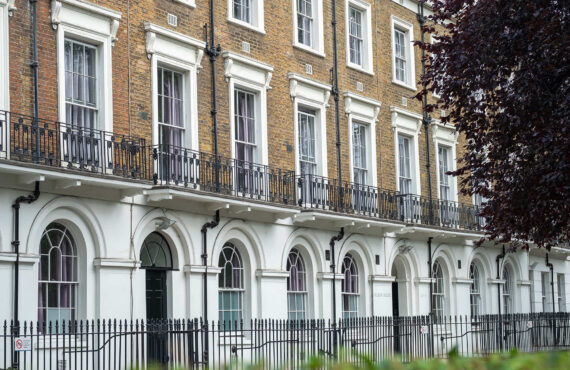
One of Jeremy Hunt’s first tasks as the new Chancellor of the Exchequer was to undo many of the measures introduced by his predecessor Kwasi Kwarteng in his mini-Budget market. Apart from the stamp duty changes – the raising of the initial amount at which stamp duty is paid from £125,000 to £250,000. With first-time buyers not required to pay any stamp duty on the first £425,000 of a property purchase (up from £300,000) and increasing the value of a property on which first-time buyers can claim relief from £500,000 to £625,000 – Mr. Hunt reversed pretty much every other measure.
The government’s Energy Price Guarantee, originally put in place for two years to limit how much suppliers could charge for each unit of energy. Will now last for just six months to cover the winter. The cut in the basic rate of income tax has been cancelled, staying at 20 per cent indefinitely. This followed the earlier announcement that the proposed abolition of the 45 per cent additional rate of tax paid by those earning more than £150,000, had already been ruled out. The reversal in the increase of share dividends from April was also cancelled.
Mortgage rate Pricing
There were hopes that the removal of the measures which had done so much to create market turmoil and lead to soaring mortgage rates would calm things down and reverse much of the damage. Unfortunately, while some calmness has been restored it will take a while for this to feed through to mortgage rate pricing. The big lenders in particular will want to wait to see how the markets react. Before slashing the price of products for fear of being inundated with business, and service levels suffering as a result. Having said that, some smaller and more specialist lenders are reducing their fixed-rate pricing. With the Prime Minister now resigning, further market turmoil can be expected.
With inflation hitting a 40-year high of 10.1 per cent in September. The Bank of England believes there is still a need for higher interest rates in order to try to bring it under control. The Monetary Policy Committee has raised base rate at its past seven meetings. With another rise expected next month and more to follow next year. It looks as though we need to get used to living in a higher interest rate environment.
AWS Private Finance
Buyers will be concerned as to what effect this turmoil will have on house prices. With much of the data somewhat historic – the Land Registry released its August figures this week. Which show a slowdown in house price growth. But average prices still rising by 13.6 per cent or £36,000 during the year to a record high. It can be hard to gauge exactly what is happening now. The general feeling seems to be that if mortgage costs continue to rise, property prices will inevitably moderate. It doesn’t mean a crash is inevitable but there is likely to be a slowdown. However, even if prices were to fall by 10 per cent, as some predict. That will take us back roughly to where prices were a year ago. So it’s important to put it into perspective.
It’s more important than ever that borrowers seek advice when taking out a mortgage. This is where AWS Private Finance can help. We are whole-of-market brokers who can help arrange the right mortgage for your circumstances. Please get in touch for more information.






